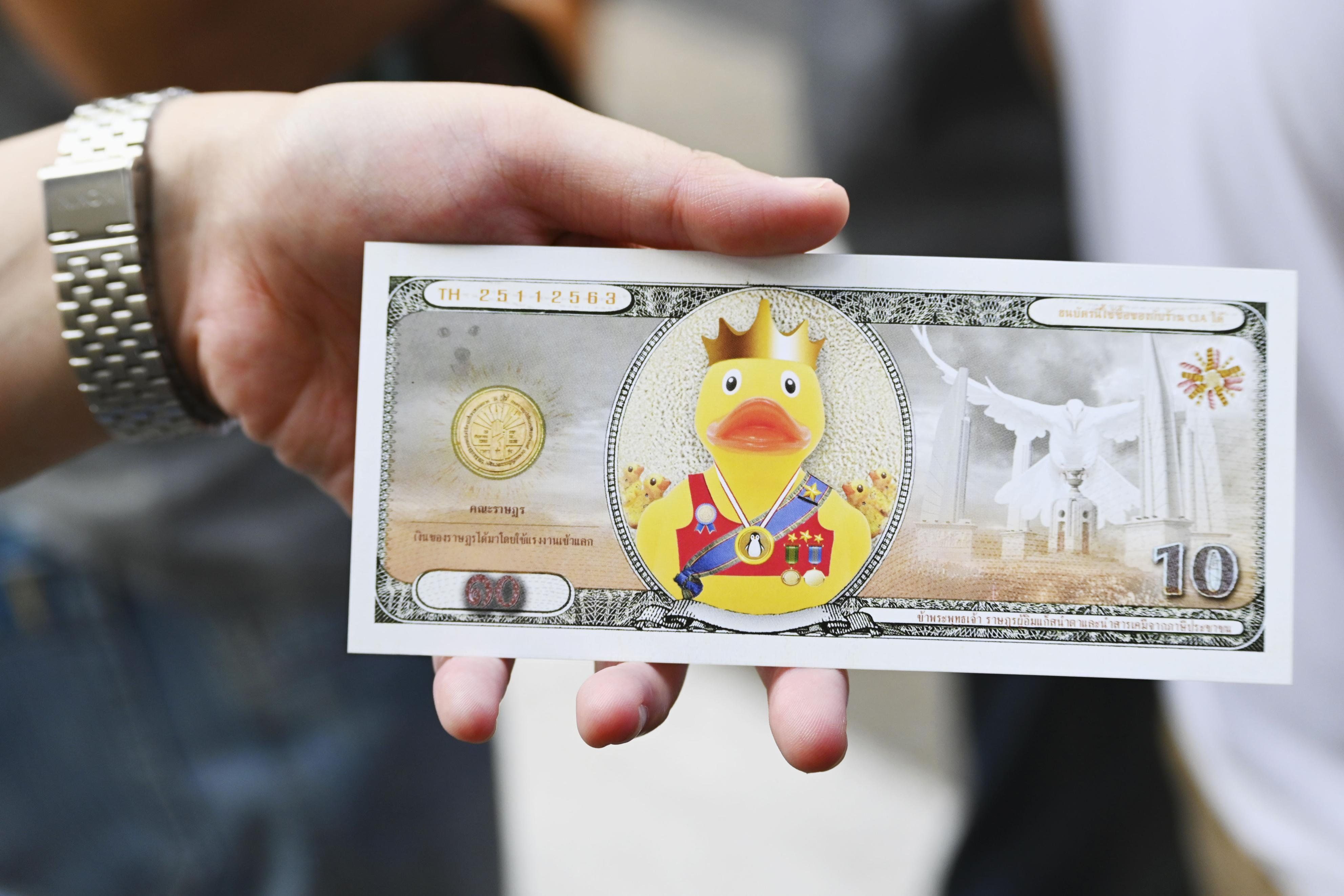2: Prepare to read the next sentence twice. A man in Thailand is facing two years in jail for selling calendars of … rubber ducks. The squeaky fowl has long been a symbol of the country’s pro-democracy movement, and since these birds were dressed in royal regalia, authorities say they insulted the monarchy. The country’s defamation laws have been used to convict 200 people since 2020.
2 trillion: With a partisan battle over the debt ceiling looming, President Joe Biden on Thursday is set to unveil a plan to reduce the federal budget deficit by $2 trillion over the next 10 years. Don’t expect Republicans to jump for joy though – the plan is expected to call for tax increases for the wealthy and corporations but won’t satisfy the GOP’s demands for spending cuts.
75: PM Fumio Kishida vowed yesterday to “work even harder” to tackle the massive gender pay gap in Japan, where women earn 75% of what men do for full-time work. The Land of the Rising Sun has ranked abysmally on the World Economic Forum’s gender parity report despite efforts by successive governments to tackle the issue.
1,500: Historians shouldn’t be too Thor about this. Scientists have uncovered the oldest-known reference to the Norse god Odin on a gold disc dating back 1,500 years. The ornamental pendant is part of a trove of gold found in Denmark in 2020, and its inscription, “He’s Odin’s man,” likely refers to an unknown lord or king.
60,000: At least
60,000 Greeks joined anti-government protests Wednesday, a week after a deadly train crash — blamed on years of underinvestment in infrastructure — killed 57 people. Most protesters were in Athens, where they marched to parliament chanting "murderers” in the biggest
challenge to date to PM Kyriakos Mitsotakis.
